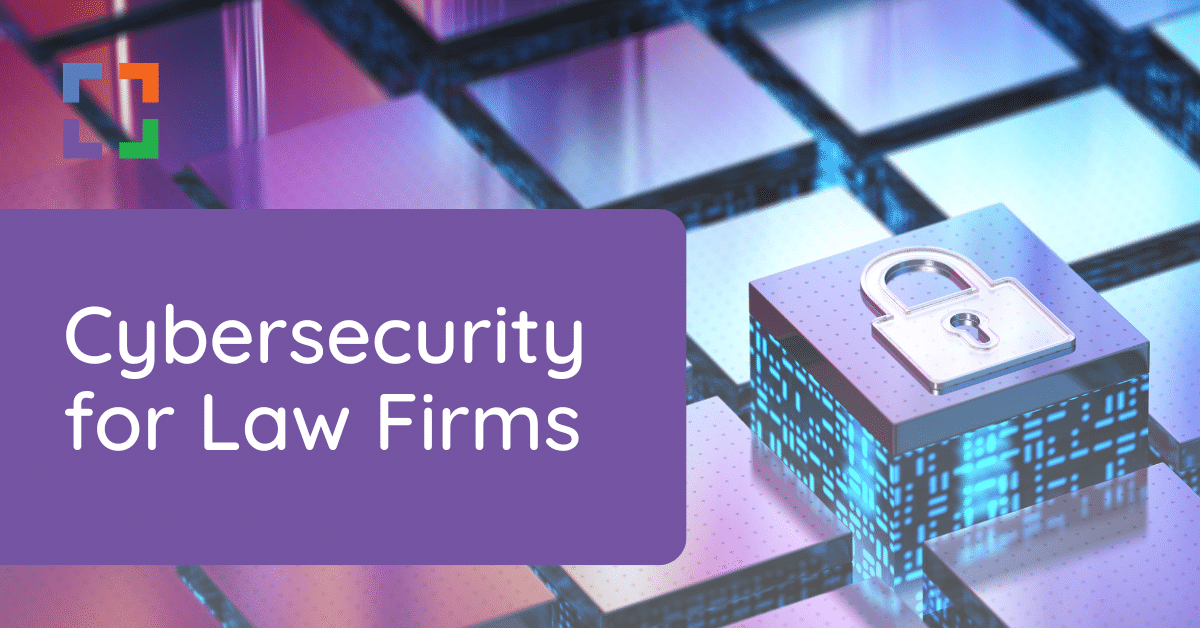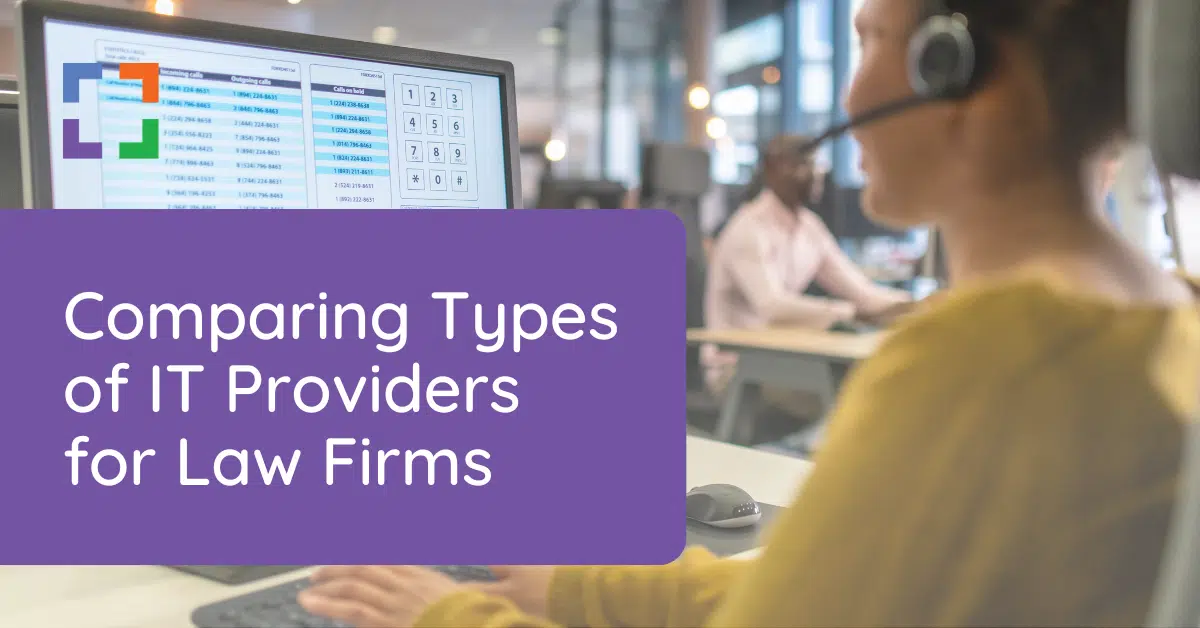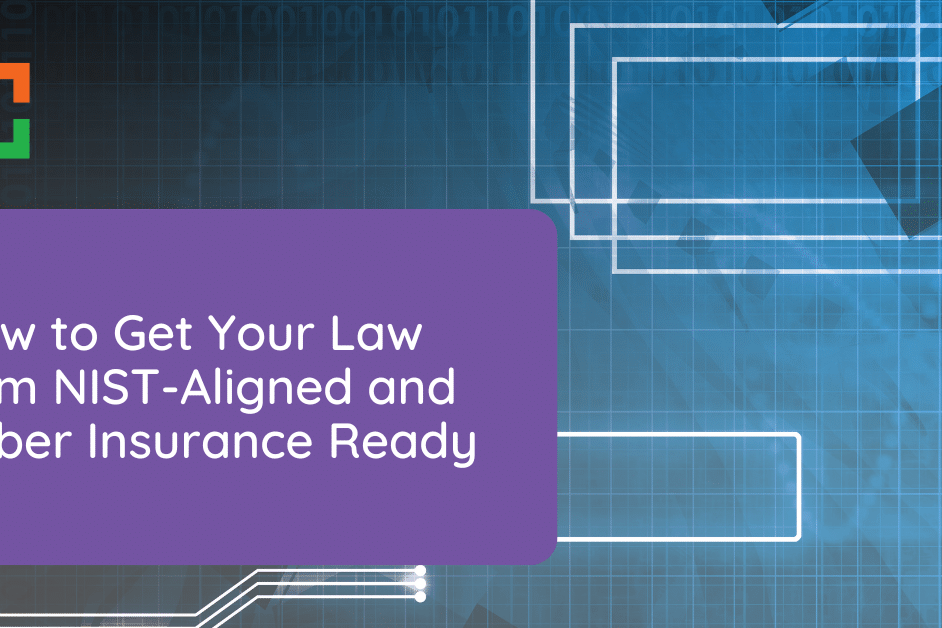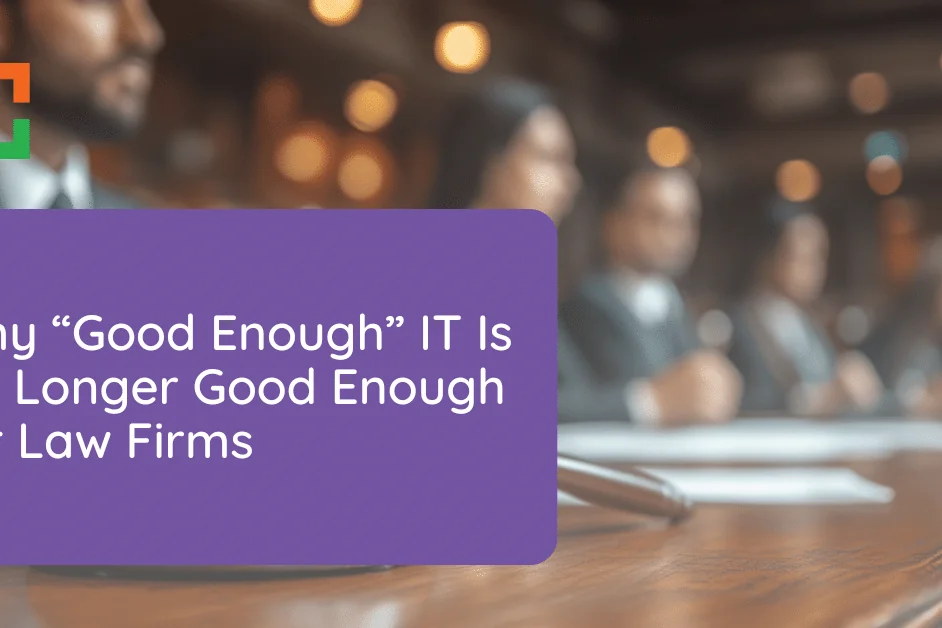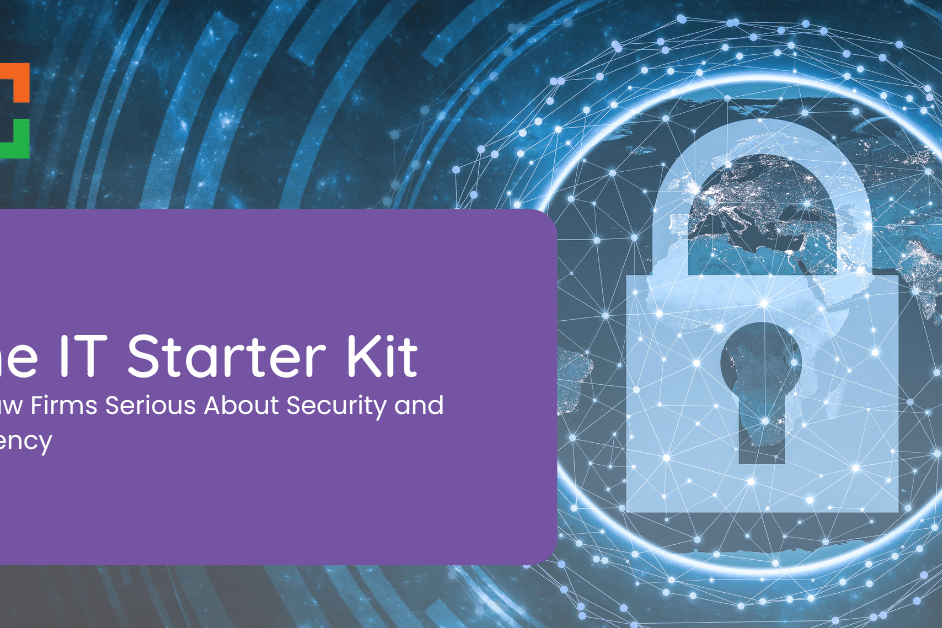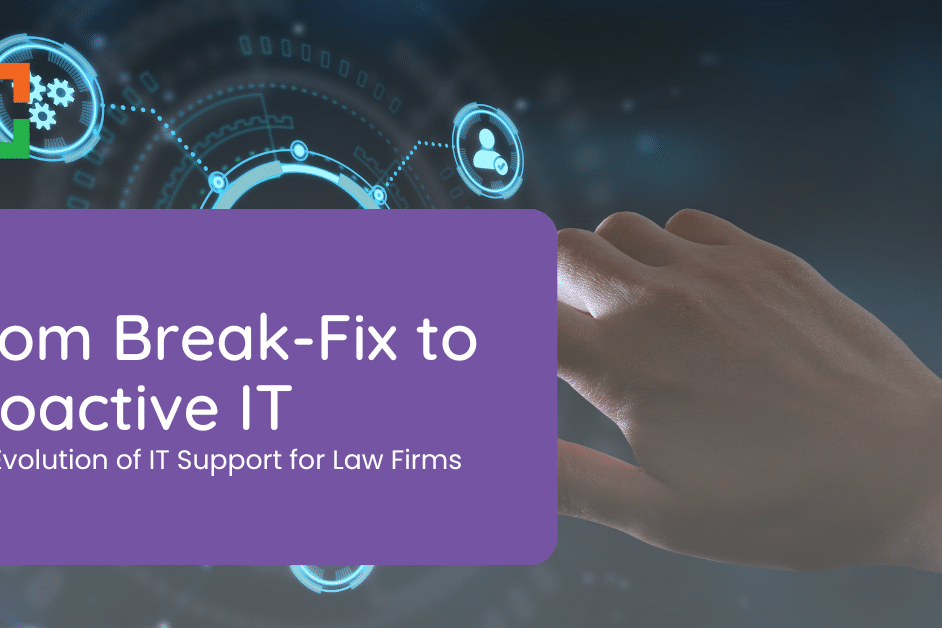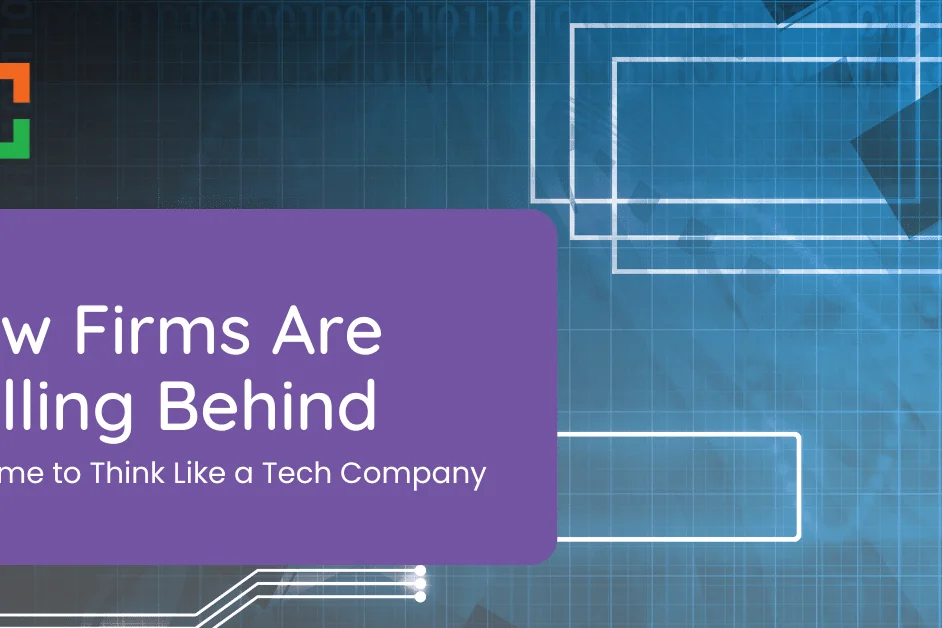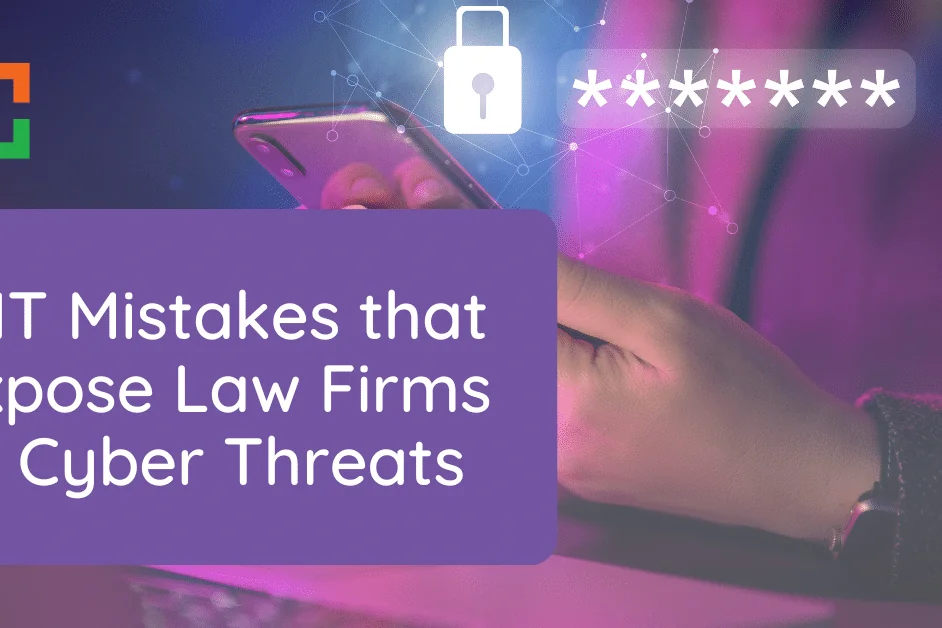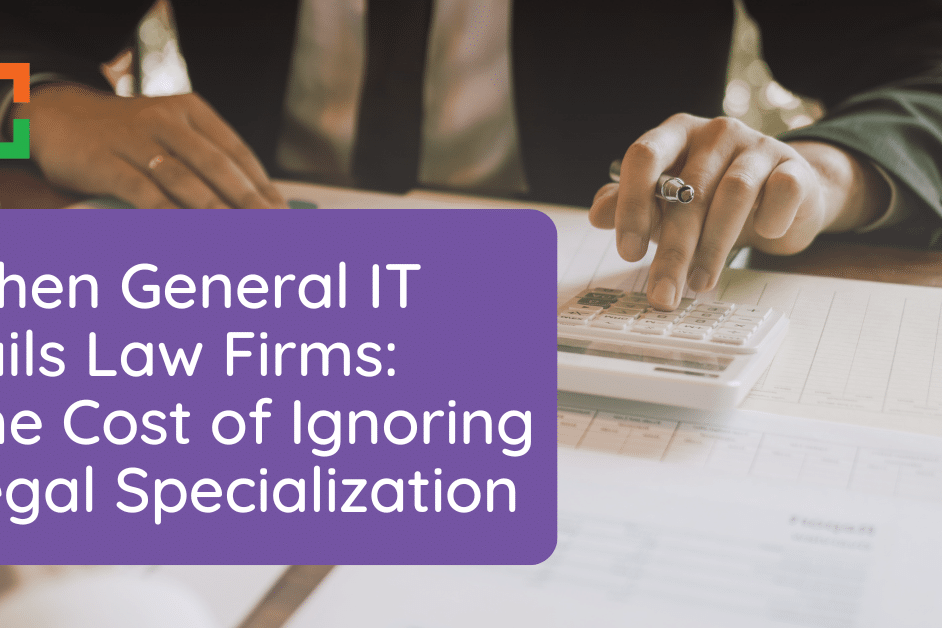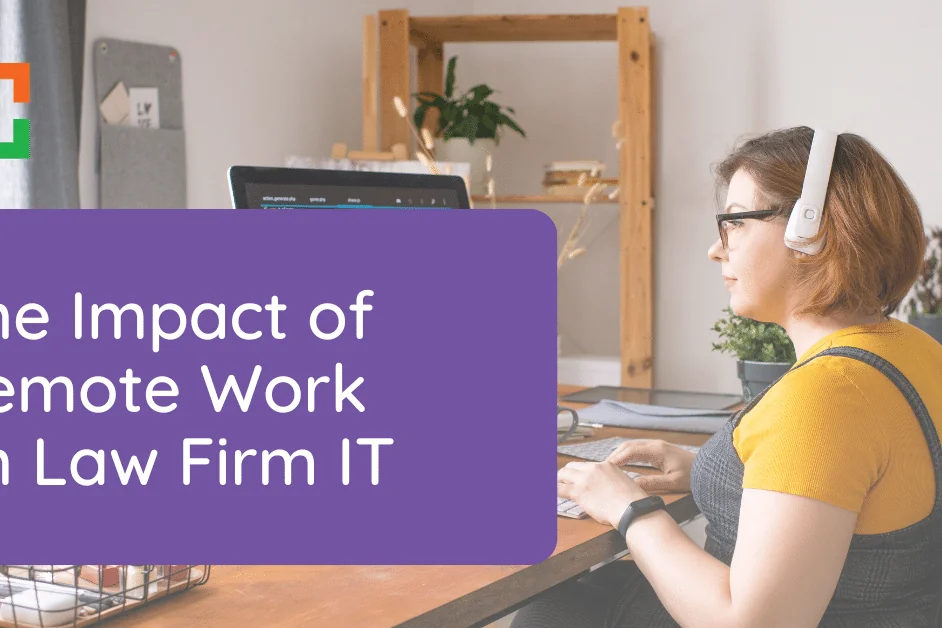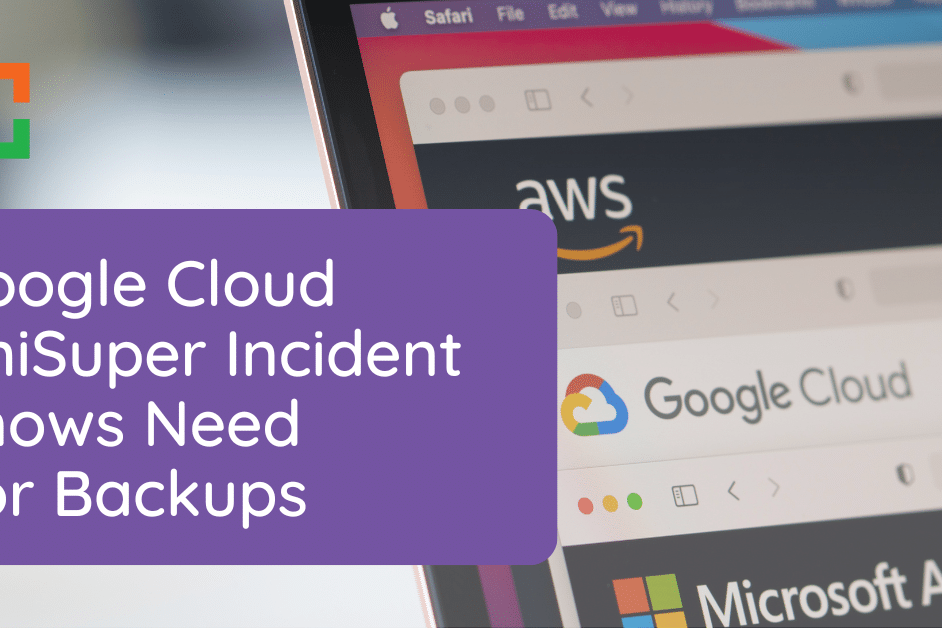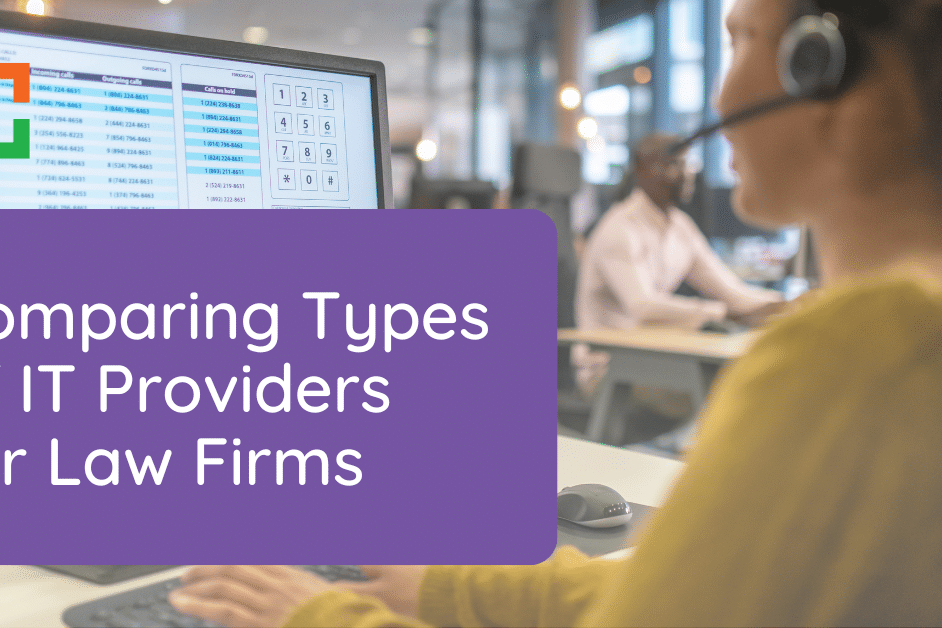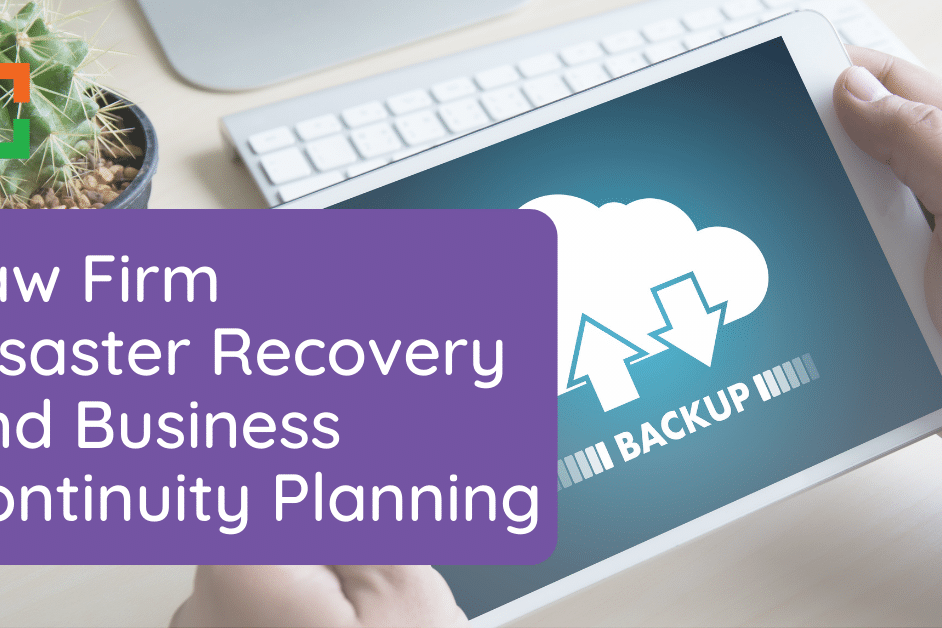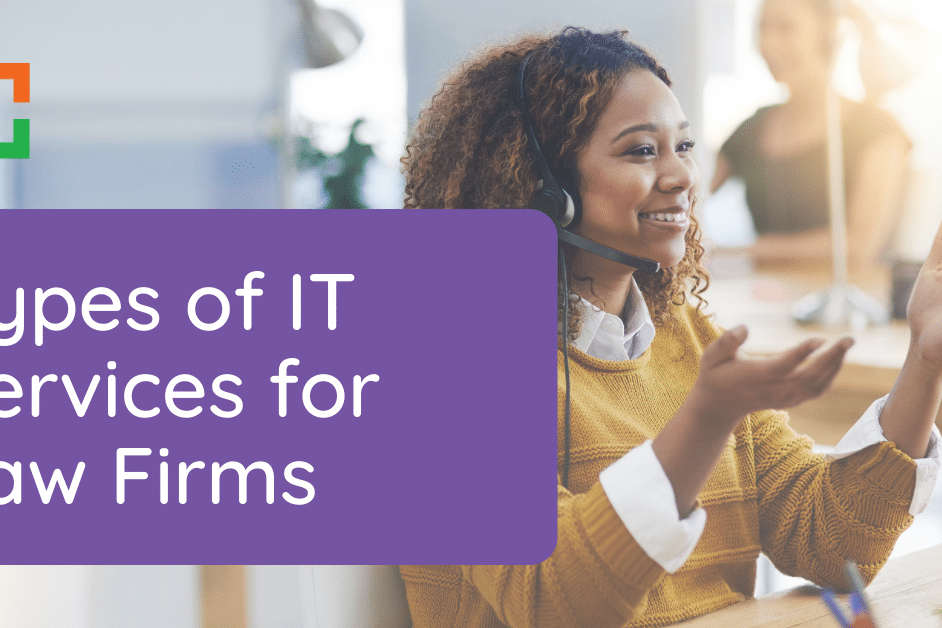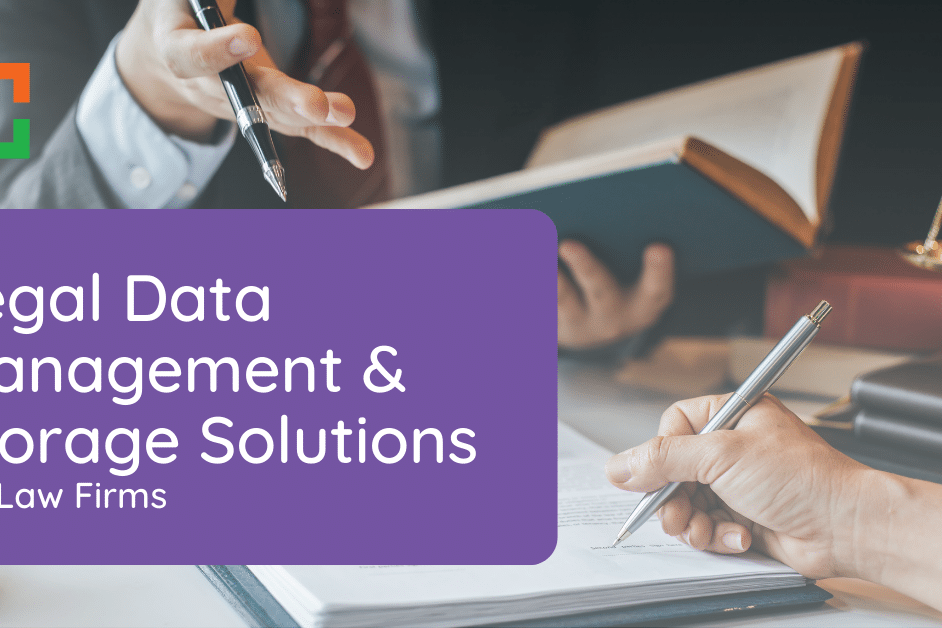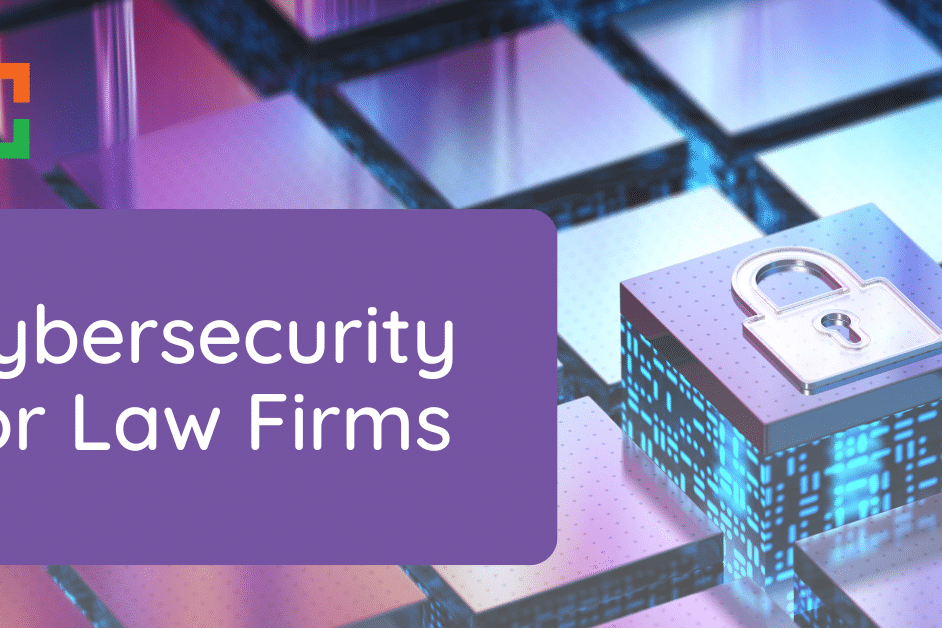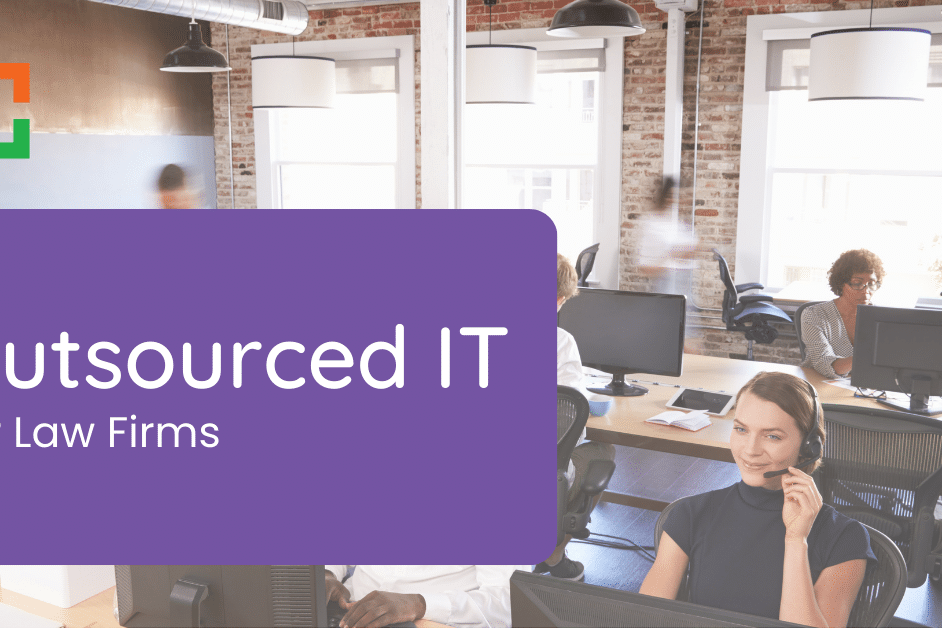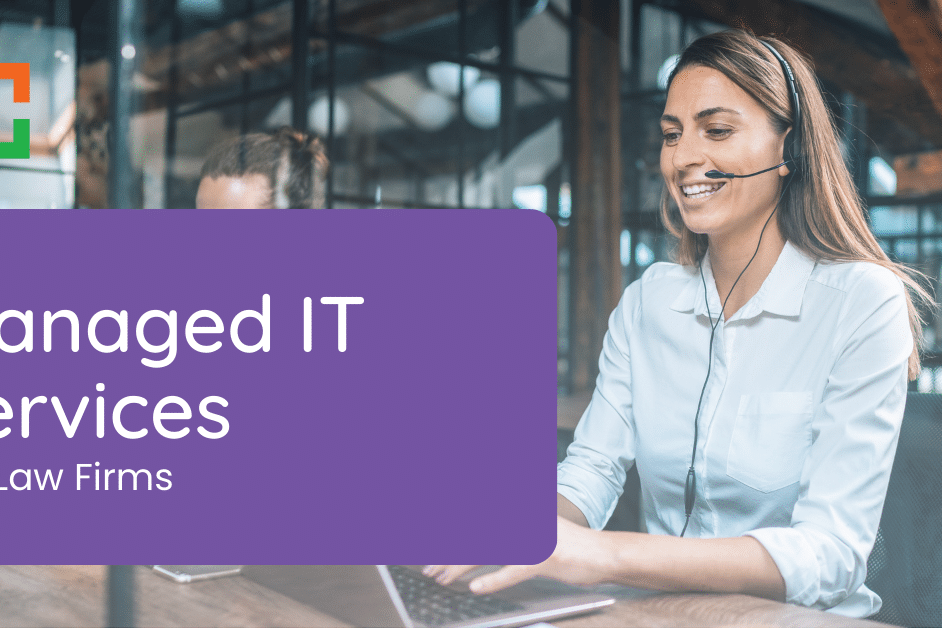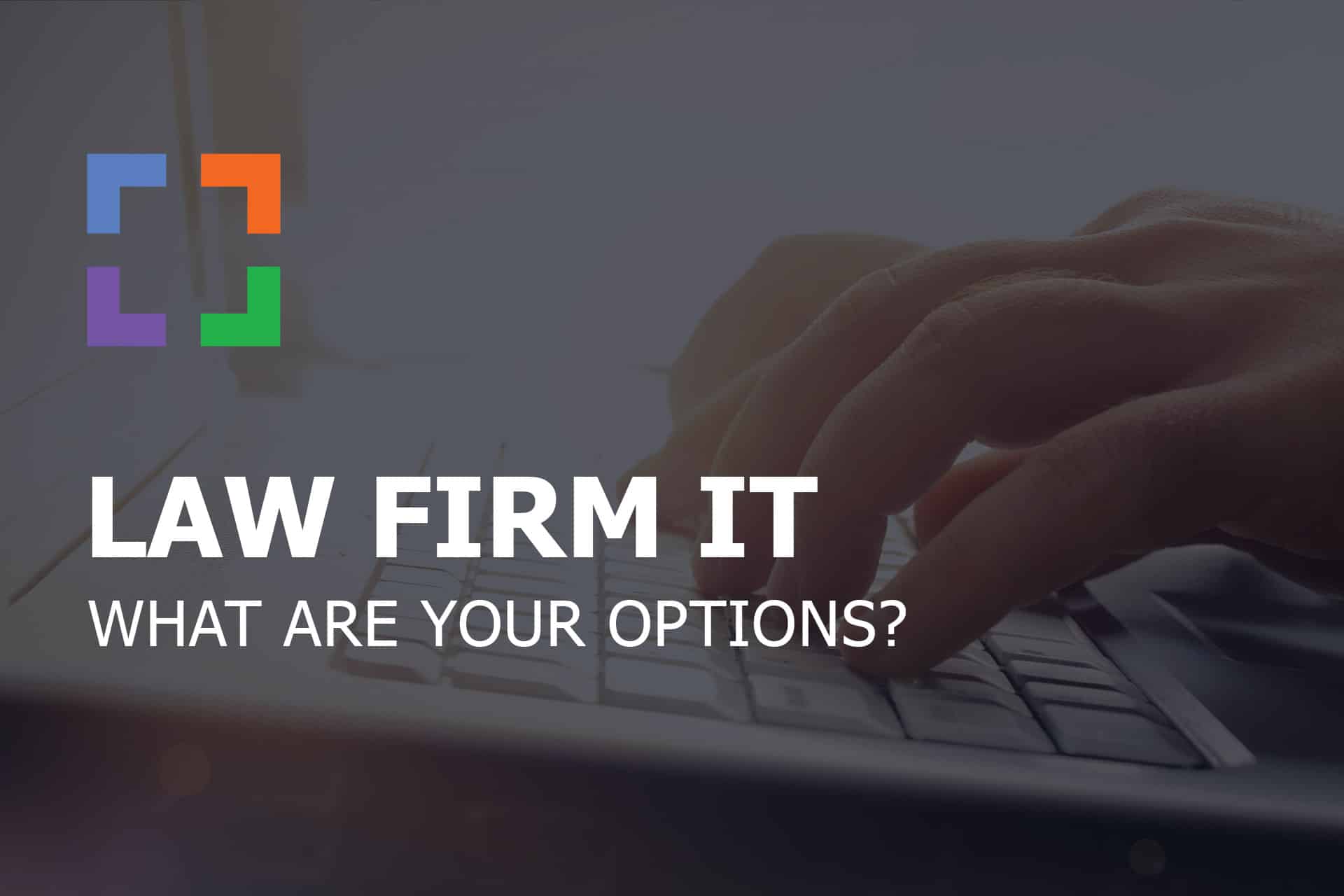Outsourced but Onshore: Navigating Law Firm IT Regulations
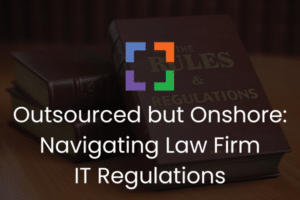
That’s why having an IT provider who understands the specific regulatory challenges facing law firms is critical.
Outsourcing IT services to a provider unfamiliar with these requirements, whether overseas or local, can put your firm at risk of falling short of compliance.
Having a specialized IT partner who fully grasps the intersection of technology and legal compliance isn’t just a luxury—it’s a necessity.
The Regulatory Landscape for Law Firms
Law firms are governed by a complex web of regulations designed to protect client confidentiality, ensure the secure handling of sensitive data, and maintain ethical standards.
Compliance with these regulations is non-negotiable, and any misstep can lead to significant penalties, lawsuits, and/or reputational damage. Some of the key regulations that impact law firms’ IT infrastructure include:
ABA Model Rules of Professional Conduct
These rules require attorneys to safeguard client information, ensuring confidentiality across all forms of communication, including digital platforms.
A breach in security due to inadequate IT systems could lead to violations of these ethical guidelines.
GDPR
For firms dealing with international clients, especially those in Europe, the General Data Protection Regulation (GDPR) mandates strict data protection protocols.
Non-compliance can result in hefty fines, so understanding international data transfer regulations is crucial.
HIPAA
Law firms working with health-related cases must ensure that their IT systems comply with the Health Insurance Portability and Accountability Act (HIPAA), which governs the secure handling of sensitive health information.
State-Specific Privacy Laws
In the U.S., various states have their own privacy laws, such as the California Consumer Privacy Act (CCPA), which requires firms to protect consumer data.
The legal implications of non-compliance vary by state, but they all demand rigorous IT security measures.
Understanding and navigating these regulations requires not just general IT support, but expertise in legal industry standards.
An IT provider that lacks knowledge of these requirements—whether a local generalist or an overseas firm—could put your practice at risk.
The need for secure, compliant systems means law firms must partner with IT providers who are well-versed in legal-specific regulations, ensuring peace of mind when it comes to audits, client trust, and regulatory reviews.
Security & Compliance are Non-Negotiable for Law Firms
With Uptime Practice Next, get:
- Multi-Factor Authentication
- Email Encryption
- Compliant Backups
- Desktop Protection
- Ransomware Protection
- and More!
The Risks of Outsourcing Overseas IT Support
Outsourcing IT support to overseas providers might seem like an attractive option due to lower costs, but it often comes with hidden risks—especially for law firms bound by strict regulatory requirements.
Here are some of the key challenges and risks associated with outsourcing IT overseas:
Time Zone and Communication Barriers
Law firms operate on tight deadlines, and any delay in IT support can cause significant disruptions.
Overseas providers, often working in vastly different time zones, may not be able to provide immediate support when urgent issues arise. Communication delays can result in longer response times, causing workflow interruptions that impact client service.
Lack of Familiarity with U.S. Legal Regulations
Overseas IT providers may not fully understand the complex regulatory environment that U.S. law firms must navigate.
Compliance with ABA guidelines, HIPAA, GDPR, and state-specific privacy laws requires deep knowledge of legal ethics and data security standards.
Without this expertise, there’s a greater chance of non-compliance, which could expose your firm to fines, legal liabilities, or damage to your reputation.
Challenges During Audits or Regulatory Reviews
In the event of an audit or a regulatory review, it’s crucial that your IT systems are compliant with all applicable laws and regulations.
Overseas IT providers may not have a firm grasp on these requirements, and their systems might not be configured to pass the scrutiny of a U.S. regulatory audit.
This lack of preparedness can put your firm at risk of penalties or forced compliance changes, which could be costly and time-consuming.
Data Security Risks
Outsourcing IT overseas often involves data crossing international borders, which introduces additional layers of complexity when it comes to data protection.
Many countries have different data protection laws that may conflict with U.S. requirements.
This can create vulnerabilities, as foreign data centers may not be held to the same standards of security, making your firm’s sensitive information more susceptible to breaches or cyberattacks.
While cost savings might be a tempting factor in choosing an overseas provider, the risks associated with non-compliance, communication delays, and security vulnerabilities can quickly outweigh the initial financial benefit.
When it comes to law firms, choosing the cheapest option often proves costly in the long run.
Related – Cybersecurity for Law Firms: Cybersecurity, especially for law firms, is nothing to be trifled with. Utilize this article to understand the risks, the best practices, and more.
Why Local IT Providers May Not Be Enough
While outsourcing to a local IT provider can seem like a safer choice compared to overseas options, local providers often fall short when it comes to understanding the unique needs of law firms.
Many small, general IT providers simply do not have the specialized knowledge necessary to navigate the complex regulatory landscape that law firms face.
Here are some key reasons why local IT providers may not be sufficient for law firms:
Limited Understanding of Legal Industry Needs
Most local IT providers work across a wide variety of industries, which can mean they lack specific experience with the legal sector.
Law firms have unique needs—such as managing sensitive client data, ensuring secure communication channels, and maintaining confidentiality under ethical obligations. Without a deep understanding of these industry-specific requirements, a local IT provider may implement generic solutions that leave gaps in security and compliance.
Knowledge Gaps in Compliance Requirements
IT providers serving other industries may not be up-to-date on the ever-evolving legal regulations that law firms must follow.
For example, they may not fully grasp the significance of the ABA Model Rules of Professional Conduct or the data handling requirements of HIPAA and GDPR.
These knowledge gaps can result in misconfigured systems or overlooked compliance risks that could expose your firm to potential penalties.
Risks of Ad-Hoc Security Solutions
Local IT providers, particularly smaller ones, may lack the resources to implement and maintain comprehensive security systems designed specifically for law firms.
They often rely on ad-hoc solutions that meet general IT needs but fail to account for the high level of protection required for sensitive legal data.
In contrast, specialized IT providers understand that law firms need customized security protocols to avoid breaches and remain compliant with regulations.
Choosing a National Provider: Access to Top Talent
One of the major advantages of working with a national IT provider is the ability to access top talent from across the country, not just within your local area.
Instead of being limited to the best IT professional in your zip code, you can partner with a provider who offers specialized expertise in law firm IT solutions. National providers often have a larger pool of experts who are familiar with legal regulations and can offer more robust, scalable solutions tailored to your firm’s specific needs.
This level of expertise and support is often hard to find with smaller, local IT providers.
By expanding your search to national, legal-specialized IT providers, you ensure that your firm is getting the best possible service, with a focus on compliance, security, and industry-specific expertise.
Would You Rather: Serve Clients or Manage IT?
Use Uptime Practice Next for:
- Unlimited IT Support
- Legal Software Consultation
- Cloud Storage
- Security Protection
- Data Backups
- and More!
The Benefits of Outsourcing IT Onshore to Legal-Specialized Providers
While we’ve discussed the limitations of both overseas and local IT providers, legal-specialized onshore IT providers offer distinct advantages, particularly in three key areas:
1
Proactive Risk Management
Unlike generalist IT providers, legal-specialized providers take a proactive approach to risk management.
For instance, they conduct regular security audits and vulnerability assessments, identifying potential weaknesses before they can be exploited.
This proactive stance ensures that law firms stay ahead of cyber threats and compliance risks, rather than responding reactively after an incident.
2
Customized Support for Legal Workflows
Legal IT providers understand that law firms have unique workflows that require more than generic IT solutions.
For example, they may offer access to tailored document management systems, such as LexWorkplace, with features like matter-centric organization, secure sharing and collaboration features, and other advanced data management capabilities.
This level of customization allows law firms to work more efficiently and securely, with tools designed for the way they operate.
3
Industry-Specific Data Security Protocols
Legal-specialized IT providers are well-versed in the specific security protocols required by law firms.
They implement advanced encryption methods, access control systems, and compliance-friendly storage solutions that are aligned with legal industry standards.
Unlike general IT providers, they understand the critical importance of safeguarding attorney-client privileged information and ensuring that all digital communication and storage systems meet the ethical and legal demands of the profession.
These tailored security protocols reduce the risk of data breaches and make it easier to maintain compliance with regulations like HIPAA and GDPR.
By choosing an onshore, legal-specialized IT provider, law firms gain access to not just IT support but a dedicated partner who understands the intricate details of legal compliance and can deliver technology solutions that enhance both efficiency and security.
Related – Comparing Types of IT Providers for Law Firms: Knowing your IT support options allows you to make better informed decisions. Learn more.
Finding the Right Onshore IT Partner
Choosing the right onshore IT partner for your law firm is critical to ensuring that your firm remains compliant, secure, and efficient.
Not all IT providers are created equal, and finding one that understands the unique needs of the legal industry is essential.
Use this checklist to evaluate potential IT partners:
Legal Industry Expertise
- Does the provider have experience working specifically with law firms?
- Can they demonstrate a deep understanding of legal regulations such as the ABA Model Rules, HIPAA, GDPR, and state-specific privacy laws?
- Have they successfully worked with law firms of similar size or practice areas as yours?
Compliance-Ready Solutions
- Do their IT solutions prioritize regulatory compliance?
- Can they offer compliance audits or ongoing monitoring to ensure your firm stays up-to-date with changing regulations?
- Are their systems designed to protect sensitive legal information, such as client-attorney privileged data?
Customizable IT Infrastructure
- Does the provider offer solutions tailored to the workflows and operations of law firms?
- Can they integrate with legal-specific software like document management systems, practice management tools, or secure client portals?
- Are they capable of scaling their services to meet your firm’s growing IT needs?
Robust Cybersecurity Protocols
- Do they implement industry-leading security protocols, including advanced encryption and multi-factor authentication?
- Are their data centers located in the U.S., ensuring compliance with data sovereignty laws?
- Can they offer 24/7 monitoring to identify and mitigate potential threats before they become serious issues?
Responsive and Knowledgeable Support
- Do they provide round-the-clock support with fast response times, particularly for critical legal deadlines?
- Is their team familiar with the urgency of legal work and capable of addressing IT issues quickly and efficiently?
- Do they have a U.S.-based support team that understands the demands of the legal profession?
Proactive Approach to IT Management
- Does the provider offer proactive services such as regular system updates, vulnerability assessments, and risk management?
- Can they anticipate your firm’s IT needs as regulations and technology evolve?
- Are they committed to providing long-term partnership, with regular consultations to ensure your firm is utilizing the best technology?
Positive Client Reviews and Case Studies
- Can the provider offer testimonials from other law firms?
- Do they have case studies or success stories demonstrating how they’ve helped other legal clients improve compliance, security, and efficiency?
- Are they willing to provide references that you can speak with?

Uptime Practice was a true miracle when the pandemic struck. We moved to Uptime Practice and were working immediately.
Todd Tracy – The Tracy Law Group, PLLC
By using this checklist, you can identify the right onshore IT partner for your firm—one that not only meets your immediate needs but provides long-term value by ensuring compliance, security, and operational excellence.
Frequently Asked Questions
Onshore outsourcing refers to hiring IT providers based in the same country as your law firm, while offshore outsourcing involves contracting IT services from providers in other countries.
Onshore providers have a better understanding of U.S. regulations, legal compliance, and offer easier communication, while offshore providers may lack the necessary expertise and familiarity with U.S. legal standards.
While local providers might offer convenience, they often lack the legal industry expertise required to meet the strict compliance standards law firms face. Onshore IT providers that specialize in the legal field offer access to top-tier talent nationwide and have deep experience in law firm regulations, ensuring compliance and better data security.
Legal-specialized IT providers ensure compliance by offering solutions that adhere to key regulations like HIPAA, GDPR, and the ABA Model Rules of Professional Conduct. They implement secure storage, encrypted communication systems, and regulatory audits to safeguard client data and keep law firms compliant with evolving laws.
Outsourcing IT to overseas providers comes with risks such as time zone delays, communication barriers, and a lack of familiarity with U.S. legal regulations. Additionally, offshore providers may not offer the same level of data security and may struggle to meet U.S. compliance standards, exposing your firm to potential risks and penalties.
Yes, onshore IT providers that specialize in the legal industry understand the unique workflows and requirements of law firms.
A legal-specialized IT provider should offer advanced security measures such as end-to-end encryption, multi-factor authentication, data backup systems, and 24/7 monitoring to protect sensitive client information. They should also ensure compliance with data protection laws like HIPAA and GDPR and provide regular security audits.
National IT providers have a larger pool of experts with specialized knowledge in the legal industry, allowing law firms to choose the best talent from across the country. They also have more resources to offer comprehensive, scalable IT solutions and are more likely to stay ahead of evolving legal regulations compared to smaller, local providers.
Onshore IT providers with legal expertise continuously monitor changes in regulations and adjust IT systems accordingly. They provide proactive updates to ensure that law firms remain compliant with new laws, keeping them ahead of potential compliance issues or penalties.
Law firms should look for an IT provider that has experience working with legal clients, a strong understanding of legal regulations, comprehensive cybersecurity measures, and a track record of providing solutions that ensure compliance. They should also look for providers that offer 24/7 support and proactive IT management.
Outsourcing IT allows law firms to focus on their core legal work while the IT provider manages technical operations, security, and compliance.
Uptime Practice:
The IT & Cloud Platform for Law Firms.
Uptime Practice is a suite of Managed IT and cloud services, made exclusively for law firms.
Practice Next
Technology + Legal Software Support for Modern Law Firms
Practice Next is a suite of Managed IT, Legal Software Support, and Cloud Essentials, made just for law firms.
-
Practice Next is a suite managed IT, technology essentials and legal software support.
-
Practice Next includes unlimited IT and legal software support, Microsoft 365, legal-centric cloud storage and more.
-
Practice Next pairs great with cloud-based legal software such as Clio Manage, CosmoLex, MyCase and more.
Practice Go
Cloudify Your Legal App
Does your law firm already have a cloud strategy, but have one premise-based application still running on onsite servers? Practice Go is for you.
- With Practice Go, we effectively turn your desktop/server- based legal software into a cloud application (a Published App), freeing your firm from the limitations of traditional software.
- Practice Go can cloudify your PCLaw, Time Matters, Tabs3, ProLaw, Juris, QuickBooks and more.
Practice Foundation
Complete Private Cloud for Law Firms
If your law firm needs a central, secure cloud platform for all of your legal software, documents and data, Practice Foundation is for you.
-
Practice Foundation is an end-to-end cloud platform that will host all of your firm's applications and documents, and will optionally include Office 365 + unlimited IT support. Everyone in your firm logs into a Virtual Desktop where they'll find all of their apps and docs.
-
Practice Foundation works with PCLaw, Time Matters, Tabs3, ProLaw, Juris, QuickBooks, Timeslips, TrialWorks, Adobe Acrobat and more.
Not Sure Which Edition You Need?
No problem. Check out our quick Comparison Chart for Uptime Practice, or Get in Touch to talk with our sales team.

Dennis Dimka
As the founder and CEO of Uptime Legal Systems, I've had the privilege of guiding our company to become a leading provider of technology services for law firms.
Our growth, both organic and through strategic acquisitions, has enabled us to offer a diverse range of services, tailored to the evolving needs of the legal industry.
Being recognized as an Ernst & Young Entrepreneur of the Year Finalist and seeing Uptime Legal ranked among the Inc. 5000 list of fastest-growing private companies in America for eight consecutive years are testaments to our team's dedication.
At Uptime Legal, we strive to continuously innovate and adapt in the rapidly evolving legal tech landscape, ensuring that law firms have access to the most advanced and reliable technology solutions.
Related Posts
August 22, 2025
How to Create a Disaster Recovery Plan for Your Law Firm
January 20, 2025
5 IT Mistakes that Expose Law Firms to Cyber Threats
June 27, 2024
The Impact of Remote Work on Law Firm IT
May 29, 2024
The Real Value of Legal Specialty in IT Services
April 24, 2024
Comparing Types of IT Providers for Law Firms
February 28, 2024
Law Firm Disaster Recovery and Business Continuity Planning
February 22, 2024
Types of IT Services for Law Firms
February 8, 2024
Legal Data Management & Storage Solutions for Law Firms
February 1, 2024
How to Choose the Right IT Provider – A Guide for Law Firms
January 9, 2024
VoIP for Law Firms
December 15, 2023
Cybersecurity for Law Firms
December 8, 2023
Managed Cloud Services for Law firms
November 15, 2023
Outsourced IT for Law Firms
November 9, 2023
Managed IT Services for Law Firms
October 11, 2023
IT Support for Law Firms
June 17, 2019
Law Firm IT – What Are Your Options?
June 10, 2019
